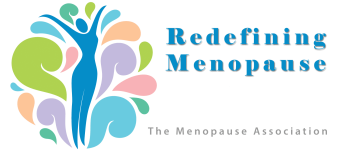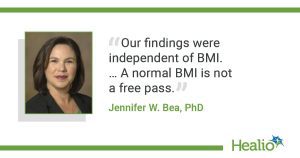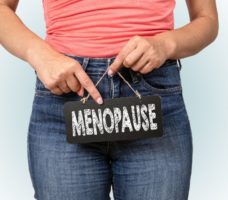Early menopause is defined as menopause that occurs when a woman is between the ages of 40 and 45 years old. While the most common age for menopause onset is around 51 years old, it’s estimated that around 5% of women experience early menopause. In a new study, researchers looked more closely at this group of women and identified a link between early menopause and increased risk of cardiovascular disease.

Researchers examined data from 301,438 women — 12,963 of whom had experienced their first non-fatal cardiovascular disease even after going through menopause; 9,369 had experienced coronary heart disease and 4,338 had experienced a stroke. When researchers compared these statistics to those of women who had experienced menopause at age 50 or 51, they found that women who began menopause in their 40’s had a higher risk for cardiovascular disease before the age of 60.
Diet and lifestyle changes can have a tremendous positive effect on your overall health, including heart and hormone health, before, during and after menopause.Key lifestyle strategies to prevent heart disease include boosting your good cholesterol and lowering your triglyceride levels, getting enough high quality animal based omega 3 fats, monitoring your iron levels, normalizing your insulin levels and avoiding fake estrogens.
Other ways to naturally balance your health and hormones include adopting stress management techniques, avoiding processed foods, limiting caffeine and sugar intake, maintaining a healthy weight, reducing your intake of processed vegetables oils and getting plenty of quality sleep.
Essential oils have been credited with the ability to treat numerous health concerns, so it comes as no surprise that they can help alieve PMS, cramping and other symptoms associated with menopause. Essential oils for menopause include:
• Clary Sage: Known to alleviate PMS pain, relieve hot flashes, soothe stressful feelings and improve hormone balance
• Geranium: Has been shown to help balance hormones and improve mood, as well as promote menstrual cycle regularity during perimenopause; also thought to have anti-anxiety and antidepressant effects
• Lavender: Long known to promote relaxation and sleep; now thought to aid in balancing hormones, easing cramps, soothing stress and alleviating menopause-related headaches, heart palpitations and hot flashes
• Pine: Believed to help reduce bone loss and protect against osteoporosis
• Rose: Proposed as a strengthener of the uterus, which may result in improved mood and a reduction in hot flashes
• Vitex agnus-castus: Also known as chasteberry and Abraham’s balm; long professed to help with irregular menstrual periods and mood swings
This content was originally published here.








